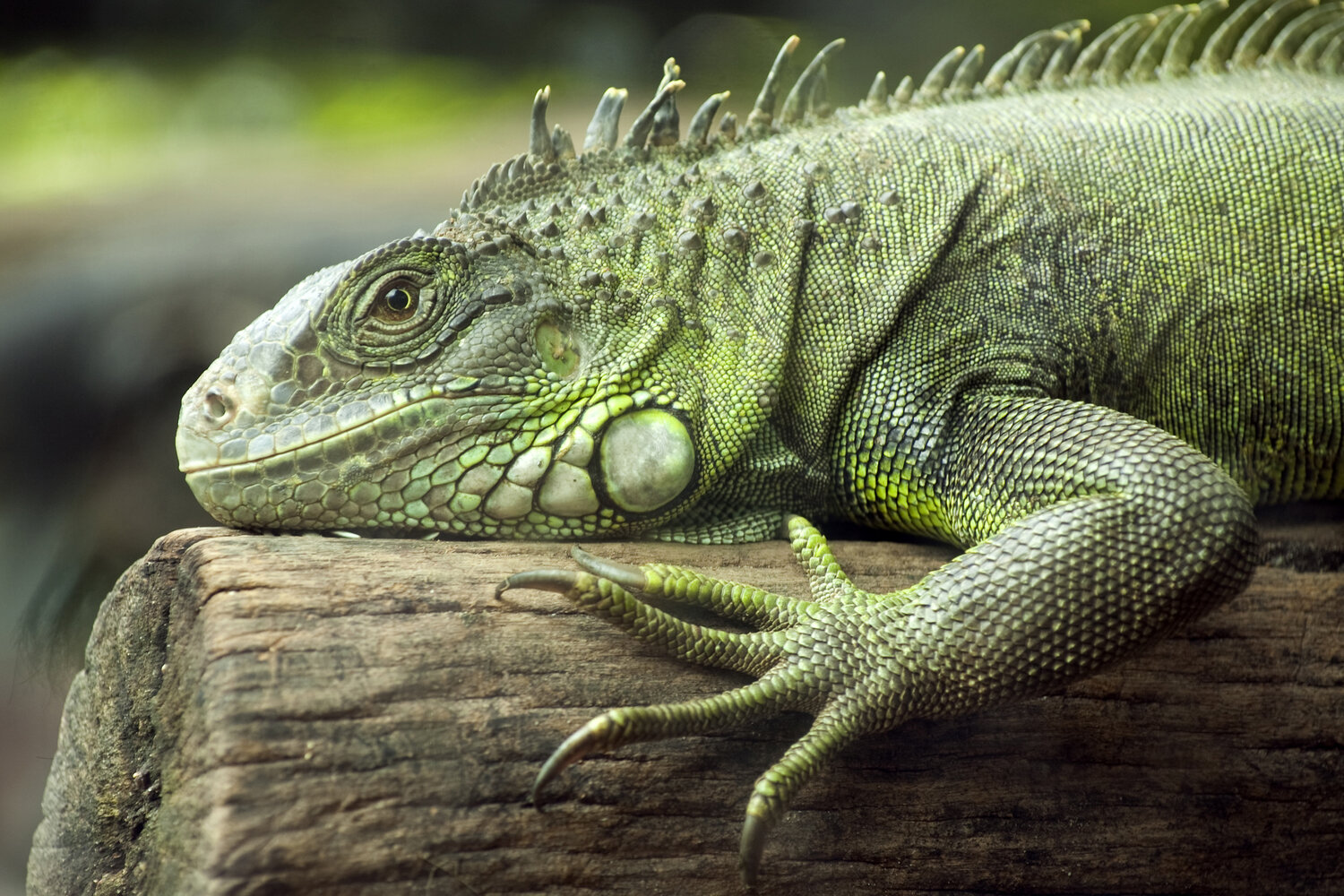Alert issued about green iguanas at Apple-Scrapple in Bridgeville
The Delaware Department of Agriculture has been alerted that green iguanas — considered exotic animals in the state — were present at the Bridgeville Apple-Scrapple Festival from Oct. 13-14 and may have been distributed as prizes by a private vendor.

You must be a member to read this story.
Join our family of readers for as little as $5 per month and support local, unbiased journalism.
Already a member? Log in to continue. Otherwise, follow the link below to join.
Please log in to continue |
Alert issued about green iguanas at Apple-Scrapple in Bridgeville
DOVER — The Delaware Department of Agriculture has been alerted that green iguanas — considered exotic animals in the state — were present at the Bridgeville Apple-Scrapple Festival from Oct. 13-14 and may have been distributed as prizes by a private vendor.
“We are concerned because this is not a prize many people would look to win at a festival, and we don’t want individuals or families to feel that they have to keep an animal that they are not prepared to care for,” said state veterinarian Dr. Karen Lopez via a news release.
“While green iguanas do not require a permit, they are considered exotic, which means they are not native to Delaware. We absolutely do not want people releasing them into the wild. Not only could they cause ecological harm, but the climate and vegetation are unsuitable for their overall health.”
Ag officials work closely with several reptile rehabilitation and rescue groups that can ensure the care of these reptiles and rehome them to individuals who have experience with them.
Anyone who received a green iguana at the festival and no longer wants it is encouraged to contact the Poultry & Animal Health section at 302-698-4500.
It is normal for reptiles, including green iguanas, to shed the salmonella bacteria, but it does not mean the animal is sick. They may also harbor other types of bacteria that can make people ill.
Individuals who own or encounter reptiles should take steps to stay healthy around them:
- Always wash hands thoroughly with soap and water after touching pets and other animals; cleaning or caring for them; or cleaning their habitats.
- Don’t put your hands in your mouth after petting or playing with animals. Keep other items that have come into contact with them out of your mouth.
- Don’t kiss any animals.
- Don’t let those younger than 5, people with weakened immune systems or older adults touch high-risk animals (like turtles, frogs, chickens or ducks) or their belongings or habitats.
- Don’t eat or drink around high-risk animals or in areas where they live and roam. Don’t let iguanas roam freely where food is prepared or stored.
- Clean your pet’s bed, cage, terrarium or aquarium and their contents outdoors. If you must clean your pet’s habitat indoors, use a bathtub or large sink that can be cleaned and disinfected. Avoid using a kitchen sink.
- Take your pet to the veterinarian regularly.
Salmonella infections can be reported to the Office of Infectious Disease Epidemiology at 302-744-4990 or 888-295-5156, or by email at reportdisease@delaware.gov.






